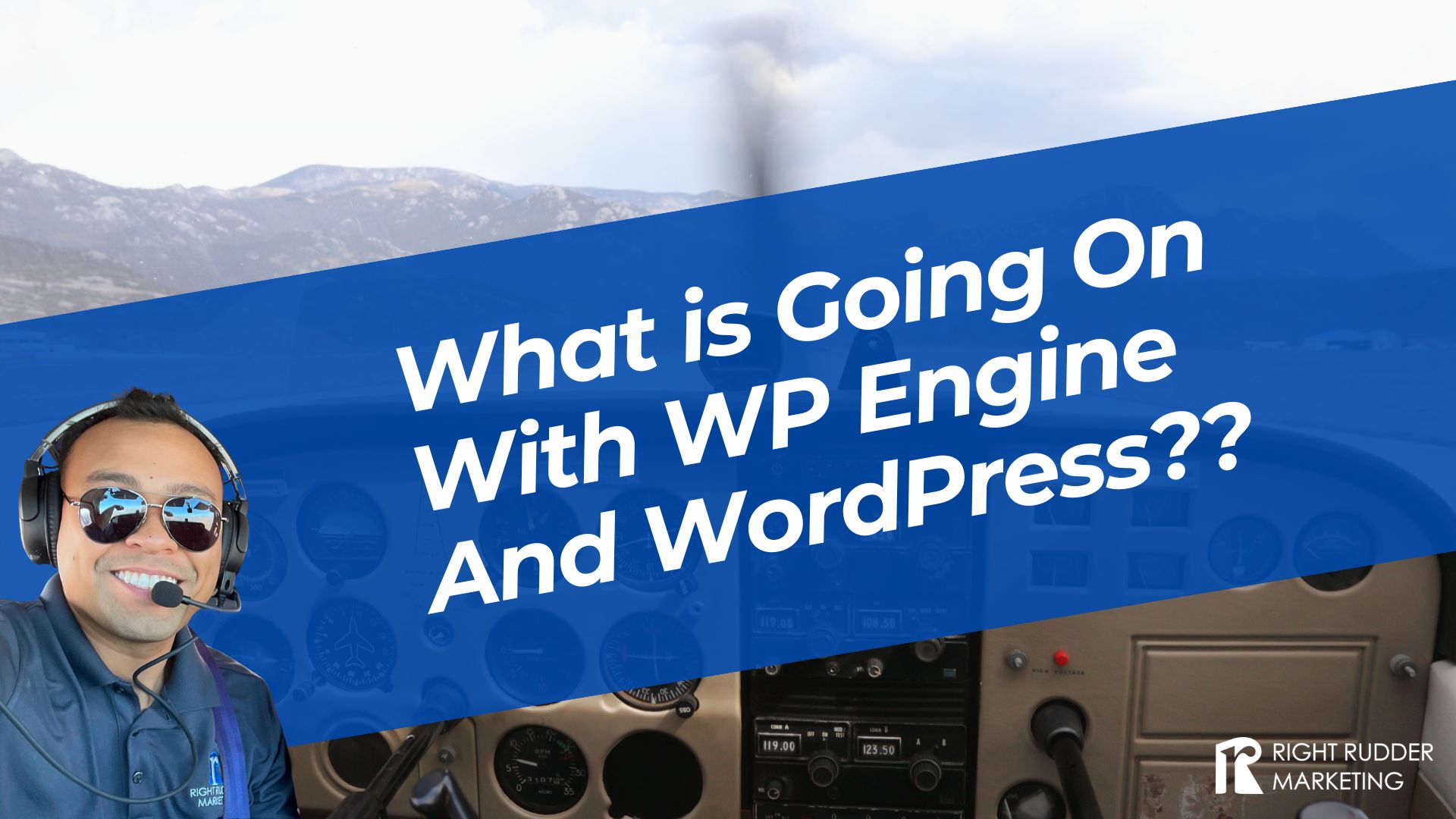
What is going on with WordPress and WP Engine?!?
web development wordpress security performance
As someone who has been involved in both web development and digital marketing, I’ve seen firsthand how website platforms like WordPress can both help and hinder businesses. In my latest video, I discussed the recent conflict between WordPress and WP Engine, and why I’ve decided not to use WordPress for my clients. This post will expand and summarize the video, explaining the security vulnerabilities, performance issues, and costs that come with WordPress, as well as why alternatives might be better for businesses concerned with speed and security.
The WordPress vs. WP Engine Debacle
WP Engine is a popular hosting platform specifically designed for WordPress sites. Recently, a dispute has emerged between WP Engine and the open-source WordPress community, primarily because WP Engine has not been contributing back to the WordPress project, either financially or through code improvements. This situation raises important questions about how businesses should approach website development, particularly when using free, open-source software like WordPress.
Why I Don’t Use WordPress for My Clients
There are three key reasons why I’ve chosen not to use WordPress for my clients’ websites:
-
Security Vulnerabilities
WordPress is open-source, meaning its code is freely available for anyone to see—including hackers. While the platform offers various security plugins, these can’t fully mitigate the risks associated with using a platform that is frequently targeted for attacks. For businesses that manage sensitive customer data, such as flight schools, this is a serious concern. -
Slow Page Load Times
WordPress generates HTML files dynamically, meaning every time someone visits your site, the server has to regenerate the page from scratch. This leads to slower page speeds, which directly impacts user experience and can harm your search engine rankings. For businesses looking to optimize conversion rates and retain users, speed is critical. -
Hidden Costs
While WordPress itself is free, the reality is that most businesses will end up paying for premium plugins, themes, and reliable hosting. WP Engine, for example, can charge anywhere from $20 to over $400 per month for hosting. When you add in the cost of essential plugins, the total monthly bill can quickly become significant—especially for businesses trying to keep overhead low.
What Is a Website, Really?
To better understand these issues, let’s briefly look at what a website actually is. At its core, a website is a collection of HTML files that are hosted on a server and displayed to visitors through a browser. WordPress complicates this process by dynamically generating these files each time a visitor accesses the site, which increases the workload on the server and slows down load times. For many businesses, especially those relying on quick, seamless user interactions, this dynamic generation is a liability.
Why Page Speed and Security Matter
Slow load times and security vulnerabilities aren’t just minor inconveniences. They can cost your business money. Google has made it clear that page speed is a ranking factor, meaning a slow WordPress site could drop in search results. Meanwhile, a security breach could severely damage your business’s reputation, especially if sensitive information is compromised.
These are the main reasons why I’ve shifted away from WordPress and moved towards simpler, more secure solutions for my clients. For businesses focused on growth and customer satisfaction, it’s essential to weigh these risks before committing to a platform like WordPress.
Final Takeaways
While WordPress is a popular choice for many websites, it comes with significant trade offs in terms of security, speed, and long-term cost. The ongoing conflict between WP Engine and the WordPress community only underscores the complexities involved in using open source platforms for professional websites. For those looking for reliability and performance, I recommend exploring other options.